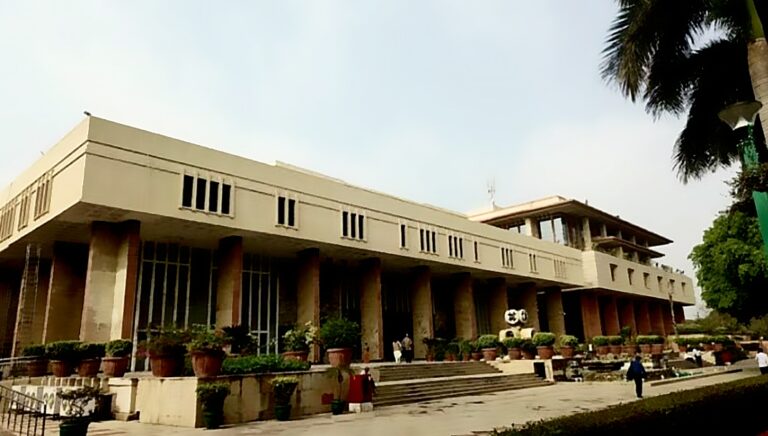Dismissing the Income Tax Department’s appeal, the Delhi High Court ruled in favor of the taxpayer, reaffirming that routine support services cannot be classified as FTS.
In a significant ruling, the Delhi High Court has clarified that Fee for Technical Services (FTS) under Section 9(1)(vii) of the Income Tax Act, 1961 pertains to the transfer of distinctive, specialized knowledge, skill, expertise, and know-how by a service provider.
Key Observations by the Court
A division bench comprising Justices Yashwant Varma and Harish Vaidyanathan Shankar examined whether support services related to customs clearance regulations provided by the taxpayer qualified as FTS. The court ruled that such services did not involve the transfer of specialized knowledge, thereby excluding them from the ambit of FTS.
The court noted:
- FTS involves the provision of specialized knowledge, skill, and expertise that are distinctive to the service provider.
- The services rendered must involve a transfer of such specialized knowledge.
- Routine assistance with customs brokerage, shipment clearance, and documentation does not constitute FTS, as these regulations are publicly available and framed by competent authorities.
Also Read: Delhi ITAT: Routine Support Services Can’t Be Classified as FTS Under India-UK DTAA
Income Tax Department’s Appeal Rejected
The Income Tax Department had filed an appeal, arguing that the taxpayer’s services included the transfer of technical knowledge, training, and personnel management, thereby qualifying as FTS. The department relied on the term “complicated function” under the head of Technical Knowledge to support its claim.
However, the court rejected this argument, clarifying that:
- Merely assisting an Indian entity with customs brokerage and documentation does not amount to specialized technical knowledge.
- The taxpayer’s role was limited to providing guidance on publicly available regulations, which does not meet the criteria for FTS.
- Imparting instructions on statutory regulations does not equate to transferring specialized knowledge or skill.
Reference to International Management Group (UK) Ltd. Case
The court also referred to the case of International Management Group (UK) Ltd. v. Commissioner of Income Tax (2024), where the scope of FTS was analyzed in detail. It was held that for a service to qualify as FTS, it must involve the application of specialized knowledge, skill, or expertise by the service provider on behalf of the client.
Also Read: Andhra Pradesh High Court Rules Against GST Notice Delay: Two-Day Lapse Cannot Be Condoned
Final Verdict
Dismissing the Income Tax Department’s appeal, the Delhi High Court ruled in favor of the taxpayer, reaffirming that routine support services cannot be classified as FTS. This ruling sets a crucial precedent for interpreting FTS under Indian tax law.
Case Title: M/S Expeditors International Of Washington Inc vs. Commissioner Of Income Tax International Tax-1 New Delhi
Citation: ITA 202/2022
Date of Order: 13.02.2025
Conclusion
The ruling provides much-needed clarity on the definition of FTS under Indian tax law, emphasizing that only services involving the transfer of distinctive and specialized knowledge qualify as FTS. Routine support services, even if technical in nature, do not meet this criterion, reinforcing a taxpayer-friendly approach to FTS classification.
For more updates on tax rulings and compliance, stay tuned!
READ MORE
Delhi High Court Clarifies: Quashing of One Issue in SCN Doesn’t Nullify Other Demands
Allahabad High Court: GSTN Absence in Supplier’s Certificate Not a Valid Reason to Deny ITC
